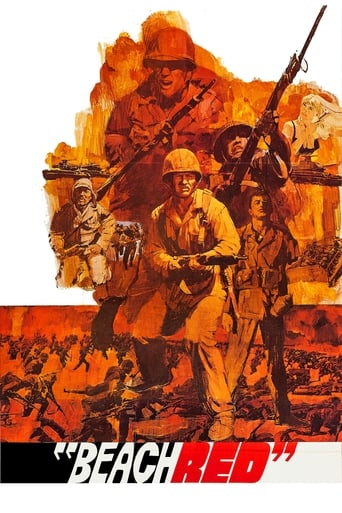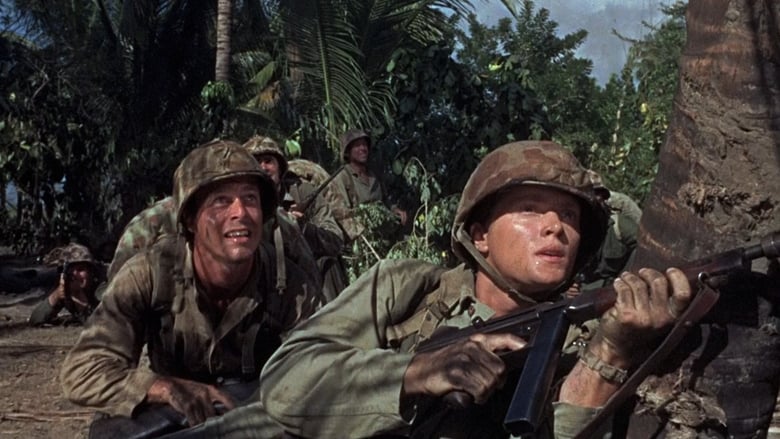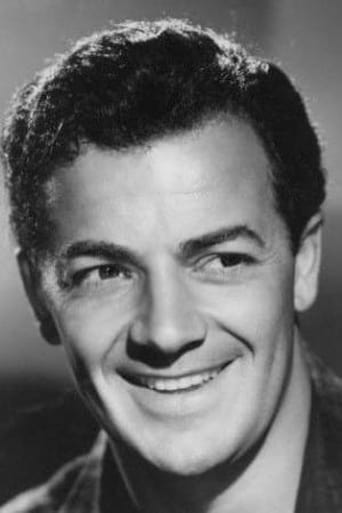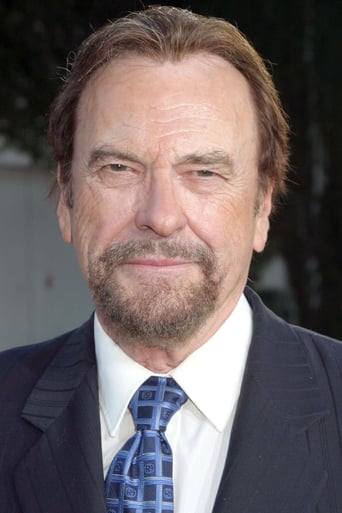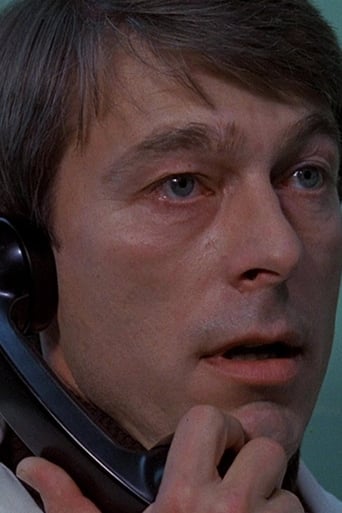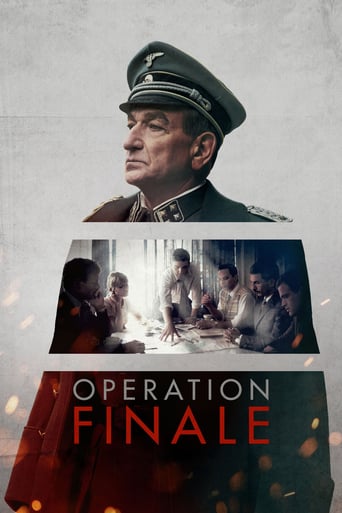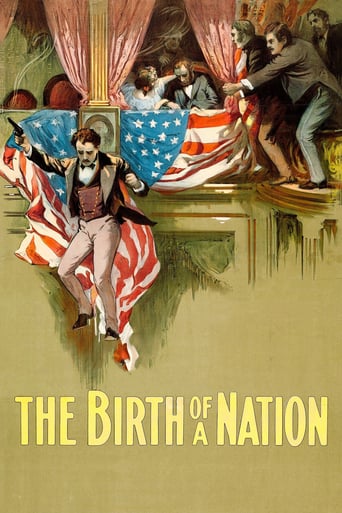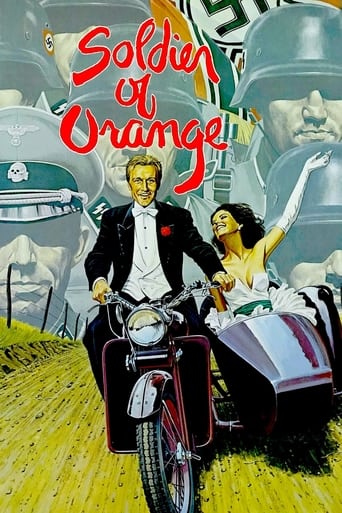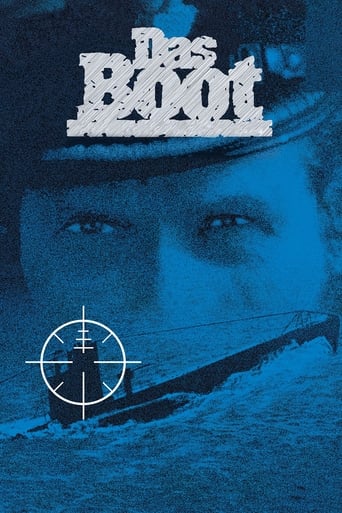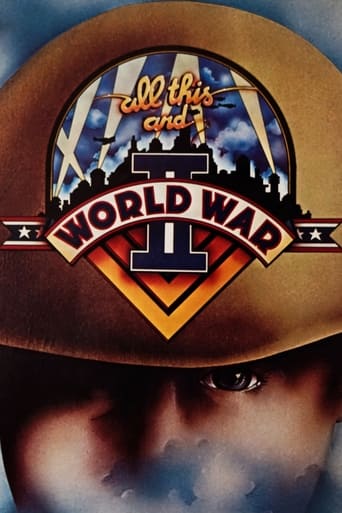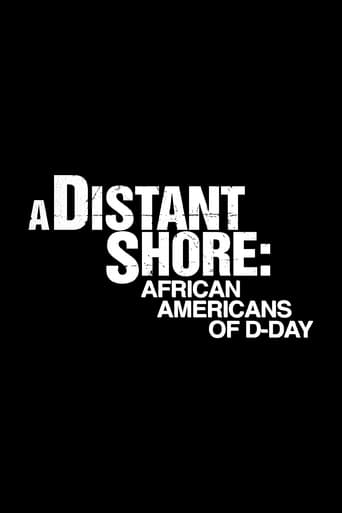Beach Red (1967)
American troops storm ashore on a Japanese-held island and push inland while their enemies plan a counterattack in this look at warfare. Soldiers on both sides are haunted by memories of home and the horrifying, sickening images they find in combat.
Watch Trailer
Cast


Similar titles
Reviews
If you don't like this, we can't be friends.
Excellent, Without a doubt!!
Am i the only one who thinks........Average?
Good films always raise compelling questions, whether the format is fiction or documentary fact.
This movie is legitimately the WORST movie I have ever seen. We watched the whole thing..... it was like a train wreck. We could not look away and we couldn't stop watching. The sad part is that it's not a comedy! We can't wait to watch it again!!!!!!
Having caught a TV-censored version of Beach Red recently, I was reminded of the impact it made on me when I saw it at the cinema in 1968. It was the support feature, but was so good, I now have no idea what the main film was! Only Spielberg's Duel has had the same effect. Although the movie covered familiar ground it did so in a dramatically different way. We are introduced to members of the battalion, but don't bother trying to remember them. Many will be killed, or dreadfully wounded, within the next 30 minutes. And those who remain are desperate to survive, by any means. We have Captain McDonald, who is perhaps too civilised and naive to be in charge of this Hell. Sergeant Honeywell on the other hand, is in his element. Kill or be killed is surely his motto. He does not see the enemy as human beings. Hence he has no qualms about subduing his equally sadistic Japanese counterpart,by breaking both of his arms! His justification during the exchange with his disapproving captain is the epitome of Machiavellian reasoning. In complete contrast, college boy Cliff knows he will probably have to kill someone and dreads the prospect of hand to hand combat. However, his first kill is an easy one, a stunned soldier staggering away from a bombed out machine-gun nest. Cliff's initial elation is quickly dampened by the realisation that he has taken a human life. This resonates later. Uncouth hillbilly Egan is convinced "They can't get me!" And competent, useful Colombo has a personal agenda. He just wants out. Reasoning that a not-too-serious wound will get him a medal, and a trip stateside. The Japanese, in contrast to many earlier war films, are portrayed with understanding. Even the Colonel is shown to have a human side as he reflects on his lovely wife and children back home. A mature Japanese soldier good-naturedly chides a young recruit for his lack of a beard before tucking-in to a simple bowl of rice while thinking back to his farm and family in Japan. The Americans too have memories during a lull in the fighting and the all-pervading feeling is "Why are we doing this to each other?" Towards the end of the film, the older Japanese soldier is killed by Cliff and Egan and the young recruit confronts them. Egan is killed and the remaining protagonists wound each other. Cliff still has his gun but cannot bring himself to finish off his opponent. Instead he gives him a drink of water and the young man responds by offering Cliff a cigarette. Understanding? Reconciliation? Forget it! The Captain and Honeywell arrive,and shoot the Japanese soldier. And you think what might have been. I wonder if that is what Cornel Wilde had in mind when he made this movie?
Long before Saving Private Ryan and the notice taken of the rather graphic combat sequences, Cornel Wilde produced, directed, and starred in Beach Red which was 30 years before Saving Private Ryan. Wilde got the same knocks and criticism for his film. And he also received a lot of deserved acclaim.The plot such as it is a study of a campaign on some forgotten Pacific island that the US Marines are trying to take from the Japanese. Wilde plays the captain of a platoon and his gunnery sergeant is Rip Torn. Wilde also narrates the film from flashback and within the film itself are flashbacks into civilian life both the Marines and the defending Japanese soldiers have. Also in Wilde's own flashback is his wife Jean Wallace whom he always tried to have parts for in his films.The marines land and the Japanese retreat as per usual in Pacific war films and the war itself. However the Japanese captain, Wilde's opposite number Dale Ishimoto has a rather clever idea for a counterattack. I won't reveal what it is you have to see Beach Red for that.Wilde himself plays a tough, but fair commanding officer. Two marine privates Patrick Wolfe and Burr DeBenning present an interesting contrast in enlistees. Their good natured rivalry carries a lot of the film.As a harbinger of Saving Private Ryan, Beach Red was years ahead of its time. If you are a fan of war films, you cannot go wrong with Beach Red.
A platoon of American soldiers lead by the rugged, but humane Captain MacDonald (superbly played by Cornel Wilde) and the mean, bloodthirsty Gunnery Sergeant Honeywell (a chilling performance by the always excellent Rip Torn) embark on a dangerous mission to find a Japanese base on a remote island in the Pacific. Wilde's steady, assured, if rather ragged direction and the gritty, incisive script by Wilde, Don Peters and Clint Johnston astutely nails the chaos, horror and brutality of war: the movie opens on a gripping note with a fierce and harrowing protracted battle sequence, the violence is shockingly gory and graphic (arms are blown off, severed limbs litter the ground, mangled bodies are strewn about, and so on), the characters' thoughts serve as philosophical narration, the tone remains stark, frank and unflinching throughout, and there are poignant flashbacks for both the American and Japanese soldiers alike in order to show how everyone is basically the same. This picture further benefits from strong and convincing acting by a tip-top cast, with especially praiseworthy work by Burr DeBenning as hearty country boy Private Egan, Patrick Wayne as the naive, amiable Private Joseph Joshua Cliff, Jean Wallace as McDonald's sweet, bubbly wife Julie (Wallace also sings the hauntingly melancholy theme song), and Jaime Sanchez as easygoing smartaleck Private Columbo. Cecil R. Cooney's plain, no-frills cinematography really throws the viewer into the thick of the bloody combat and frightening carnage. Moreover, this movie earns extra points for its even treatment of the Japanese, who are shown as being just as scared and human as the American soldiers. It's this latter admirable component of compassion for all humanity which in turn makes this film so incredibly powerful and provocative.

